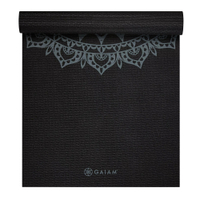I tried a spine expert’s three top core exercises, and they did more than just strengthen my abs
Strengthening your core can boost your balance, improve your performance during exercise and prevent back pain, and these are some of the best no-equipment exercises to do it
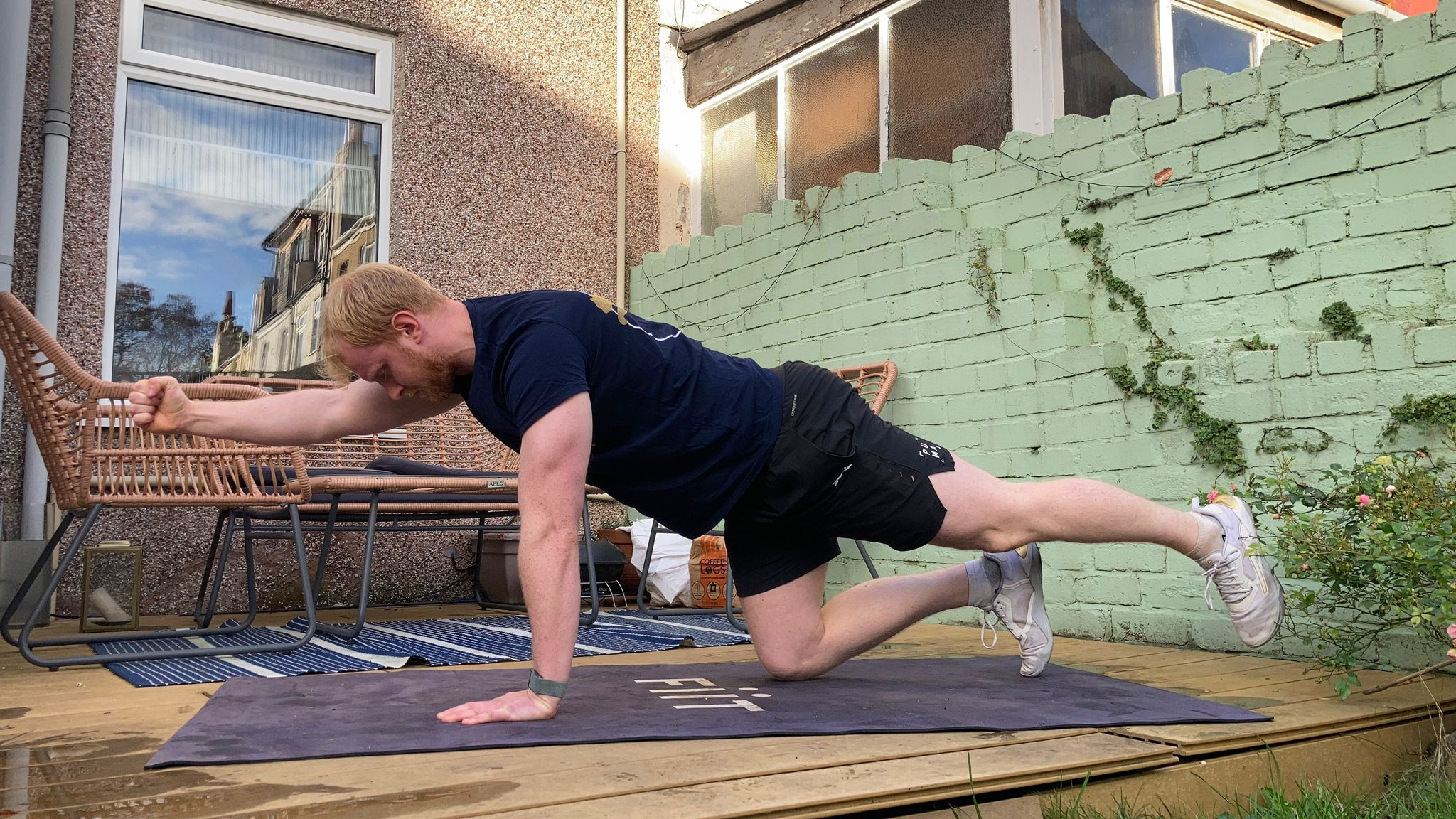
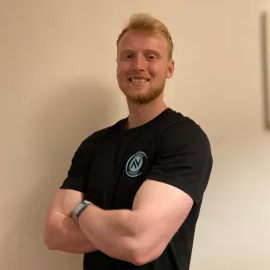
Millions of people around the world suffer from back pain. Core stability training is one thing you can do to prevent, ease or fix this, and you don't need any equipment to get started.
As someone who spends hours each day sitting opposite a computer screen with questionable posture, I decided to seek out some more core strengthening exercises to slip into my routine.
My hunt lead me to the "McGill Big Three", a collection of three of the best core stability exercises for developing strength and protecting your back, as identified by spine expert and BackFitpro chief scientific officer Professor Stuart McGill.
These exercises are; the curl up, working the muscles on the front of your stomach, the side plank, working the muscles on the side of your stomach, and the bird dog, activating the deep-lying core muscles found at the back of the abs.
Gaiam premium 5mm printed yoga mat: was $29.99, now $19.99 at Dick's Sporting Goods
Save $10 This is an equipment-free routine, so you don't need anything to do it. However, a yoga mat can cushion your knees if you're working on hard floors. This one is discounted in the Black Friday fitness sales, and is 5mm thick.
How to do the McGill Big Three
- Curl up x6
- Side plank x6 each side
- Bird dog x6 each side
Perform each exercise for for six repetitions. During each repetition, hold the top position for 10 seconds while performing power breathing (as demonstrated in the video above).
If you are doing the single-sided movements—the side plank and bird dogs—then do six repetitions on either side.
If you want some extra credit or feel like your core muscles need more, you can add a second set of four repetitions each and a third set of two repetitions each for all of the exercises.
Get the Fit&Well Newsletter
Start your week with achievable workout ideas, health tips and wellbeing advice in your inbox.
1. Curl up
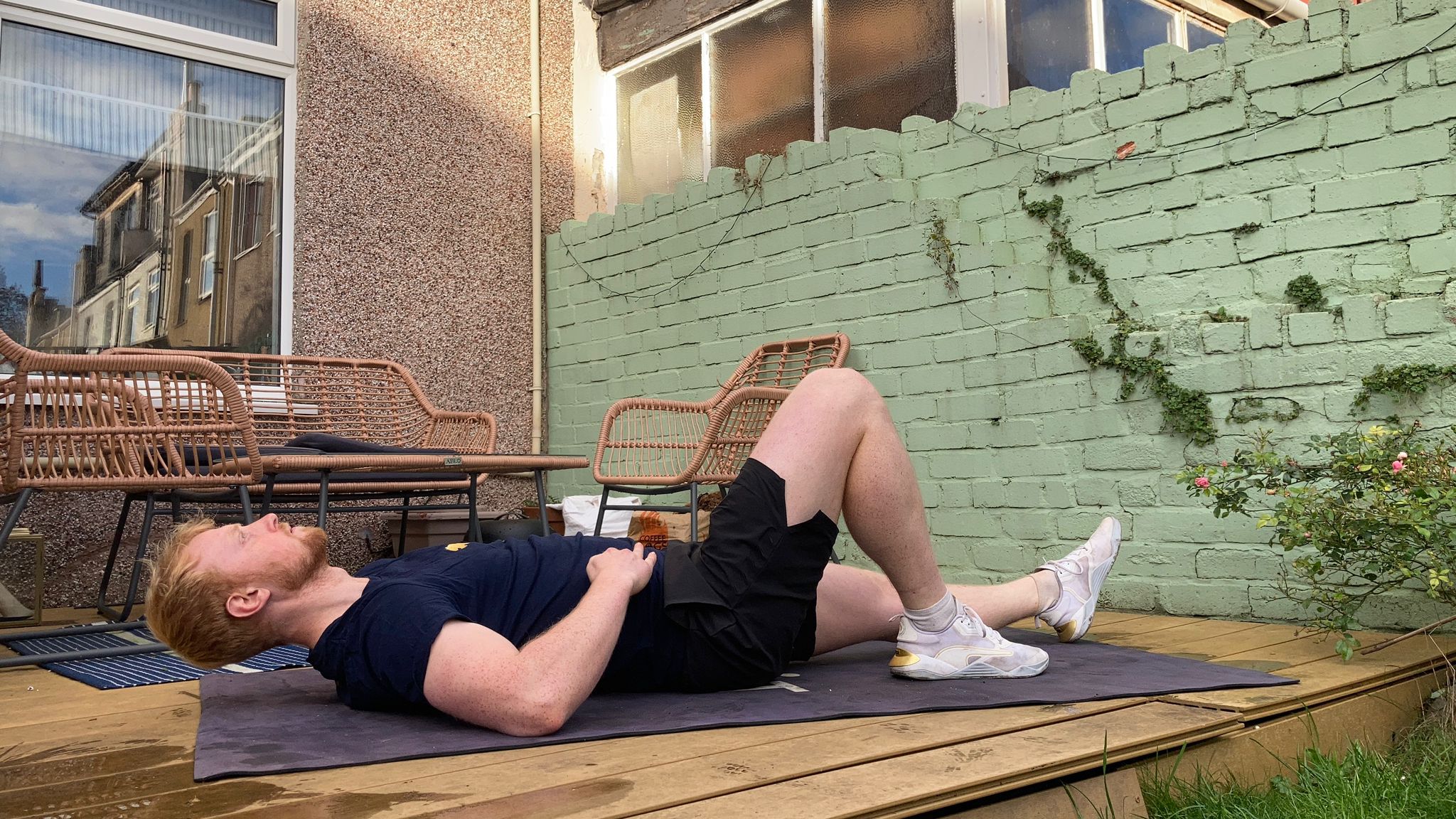
Sets: 3 Reps: 6
- Lie flat on your back then raise your right knee towards the ceiling so you can plant your right foot flat on the floor. Place your left hand under your lower back to help you achieve a neutral spine posture.
- Push your right hand into the side of your abdomen, take a breath that pushes your fingers away laterally (sideways), then brace your core.
- Keeping your back still, raise your head slightly off the ground then complete 10 seconds of power breathing. Relax and return to the starting position
My takeaways
I already include a good deal of core stability exercises in my regular CrossFit training, and I like to think these have helped me keep back pain and injuries at bay.
However, most of my go-to core moves involve lots of equipment. I was excited to find out if there were other effective, equipment-free exercises I could do at home. The curl up quickly provided me with my answer.
It was the exercise I took the longest to get to grips with; playing around to make sure my hands were in the right place, my spine remained neutral, my breathing was on point and my core was engaging correctly.
This exercise is intended to target the muscles on the front of the stomach, and despite requiring such limited movement I could really feel it in my rectus abdominis (or six-pack muscle).
2. Side plank
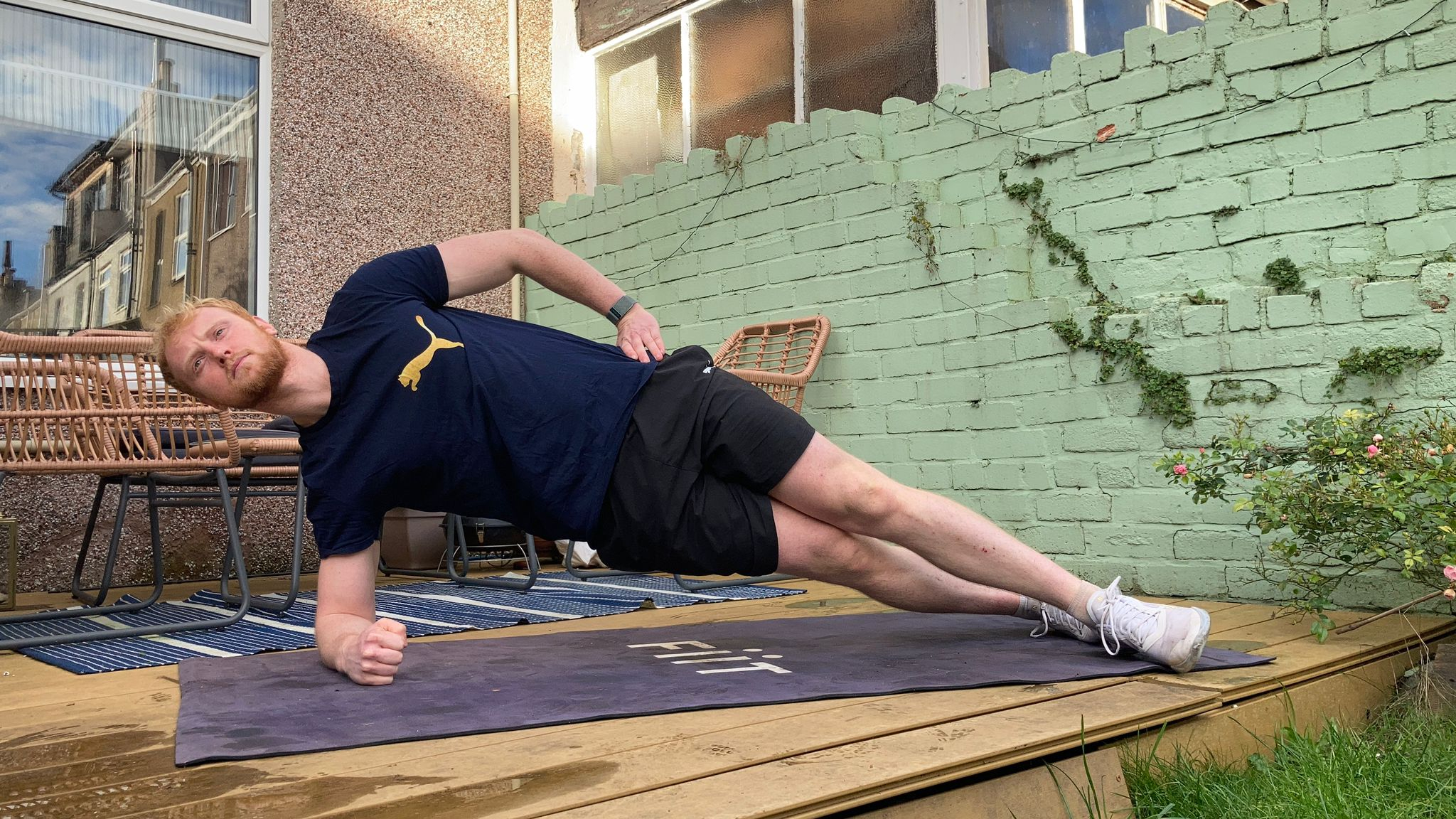
Sets: 1 Reps: 6
- Lie on your right side then push yourself up so your weight is spread between the side of your right foot and your forearm. Keep your hips square and try to keep your body in a straight line from your feet to your head. If this feels hard, you can drop your knee to the floor.
- Hold this position for 10 seconds then lower back to the starting position and repeat.
My takeaways
Ah, the side plank. This exercise has been bruising egos for decades now, with its disarming simplicity and surprisingly tricky execution leaving even seasoned exercisers shaking after a matter of seconds.
Luckily, there are scaling options (drop your knees to the floor or place your non-supporting hand on the opposite shoulder). However you decide to execute the move, it's worth the effort.
Doing this exercise in the past, I've held it for 45-60 seconds, so I thought 10 second intervals would be something of a stroll in the park. But, coming after the curl-ups and twinned with the power breathing, I found the side plank surprisingly difficult.
My obliques (the muscles that run down either side of the abdominal area) were firing on all cylinders by the fourth repetition, and I finished the set with a grimace as my forehead began to prickle with sweat. An impressive result after just six repetitions.
The obliques play a big role in maintaining posture, supporting your spine and resisting twisting motions, so strengthening them is a good way to boost back health.
3. Bird dog
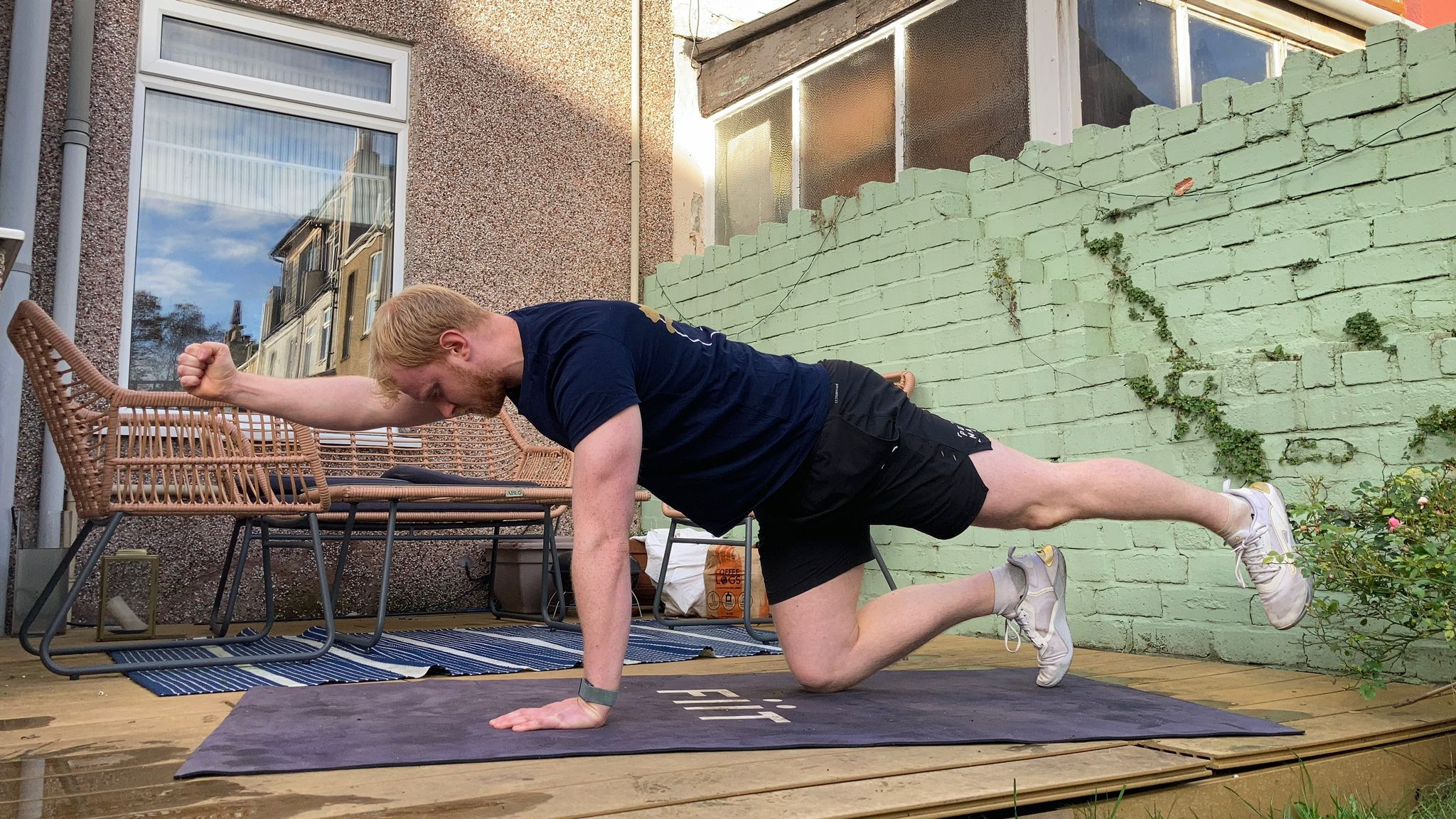
Sets: 1 Reps: 6
- Start on all fours with your knees beneath your hips and your hands under your shoulders. Brace your core, then extend your right hand and your left leg in front and behind you respectively. Don't extend your leg so high that it causes you to lose your neutral spine.
- Hold this position for 10 seconds. Then, keeping a neutral spine and both limbs off the floor, slowly move your right hand and left knee together. Repeat on the other side.
My takeaways
If anyone tries to tell you the bird dog is too easy, chances are they're not doing it right—rushing through repetitions, losing tension in their core or letting their spine slip out of neutral positioning.
This is another one that took a little bit of tinkering to get right. I've previously raised my extended leg to near parallel with the ground, but found that keeping my foot closer to the ground had more of the desired effect—maintaining a neutral spine and recruiting spine-stabilizing deep core muscles like the transverse abdominis.
On his Squat University YouTube channel, physical therapist Dr Aaron Horschig explains this is because raising the back leg too high causes the back to extend and overarch.
"I want that foot only a couple of inches off the ground. [This way] we're able to keep the core in a better position. We're keeping our hips moving as they should, because the hips directly effect the spine."
Would I do the 'McGill Big Three' again?
The bang for your buck offered by this routine is immense, so it's definitely one I'll return to.
It's completely equipment-free (at most you might want a yoga mat for some extra cushioning on unforgiving floors) and provides a comprehensive, 360° core workout that works a multitude of muscles on the front, back and sides of your abdomen.
A strong core can boost your balance, help you maintain good posture and prevent lower back pain, according to the Harvard Medical School. It's no wonder that Horschig does these moves every day, and wants his viewers to do the same.
For me, I know I'll keep up the equipment-heavy core stability work I do in the gym. But I'll always keep these moves in my back pocket for times when I don't have access to any training tools, can't get away from my desk or just fancy giving my core some extra TLC.
If you're looking for more core exercises to try, why not give the dead bug a go?
If you want to make your abs workouts more comfortable, take a look at our guide to the best yoga mats on the market.

Harry Bullmore is a Fitness Writer for Fit&Well and its sister site Coach, covering accessible home workouts, strength training session, and yoga routines. He joined the team from Hearst, where he reviewed products for Men's Health, Women's Health, and Runner's World. He is passionate about the physical and mental benefits of exercise, and splits his time between weightlifting, CrossFit, and gymnastics, which he does to build strength, boost his wellbeing, and have fun.
Harry is a NCTJ-qualified journalist, and has written for Vice, Learning Disability Today, and The Argus, where he was a crime, politics, and sports reporter for several UK regional and national newspapers.
-
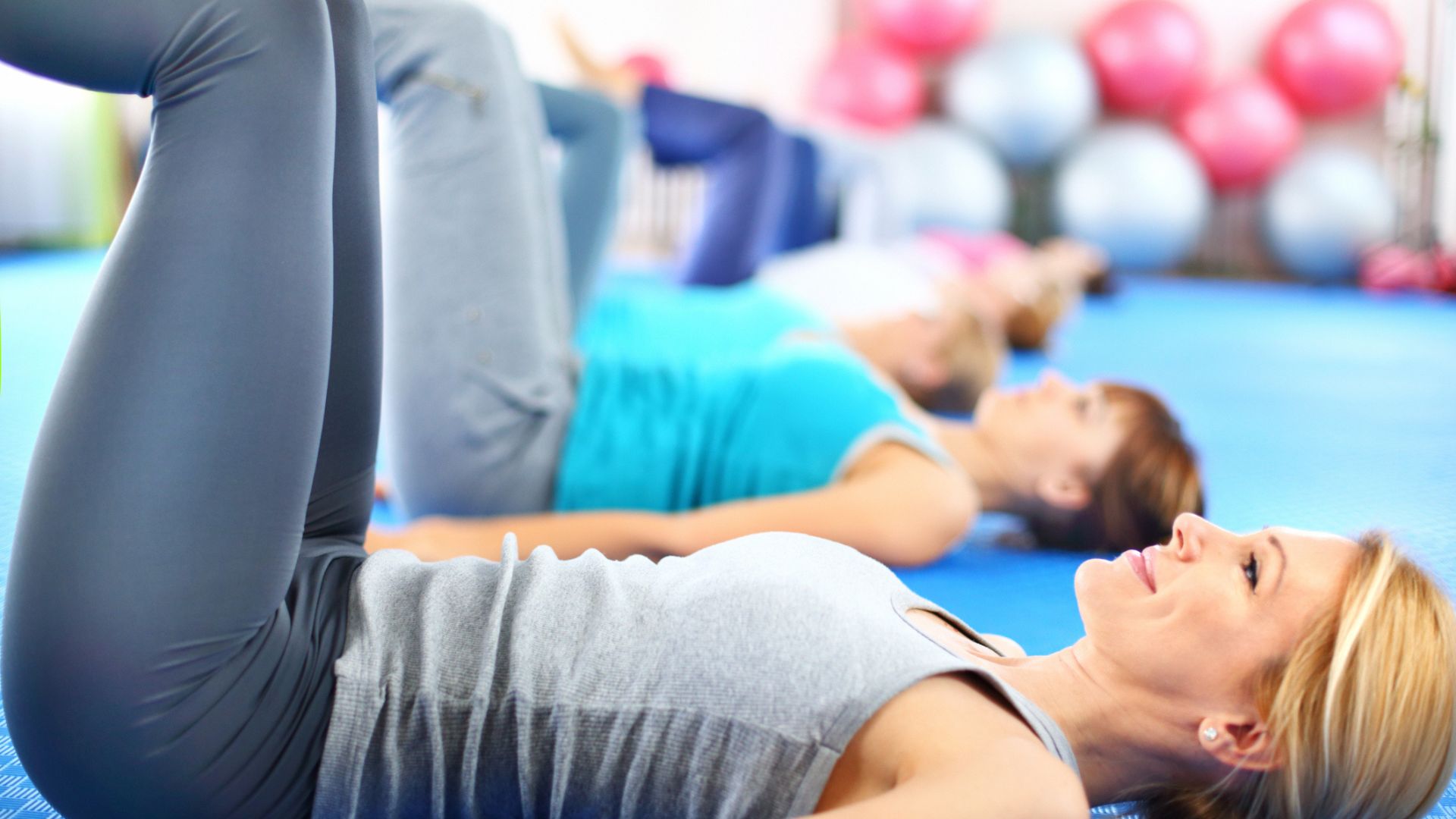 A Pilates instructor says this is the beginner-friendly core exercise everyone should try
A Pilates instructor says this is the beginner-friendly core exercise everyone should tryForget crunches, this is the perfect foundation move
By Alice Porter Published
-
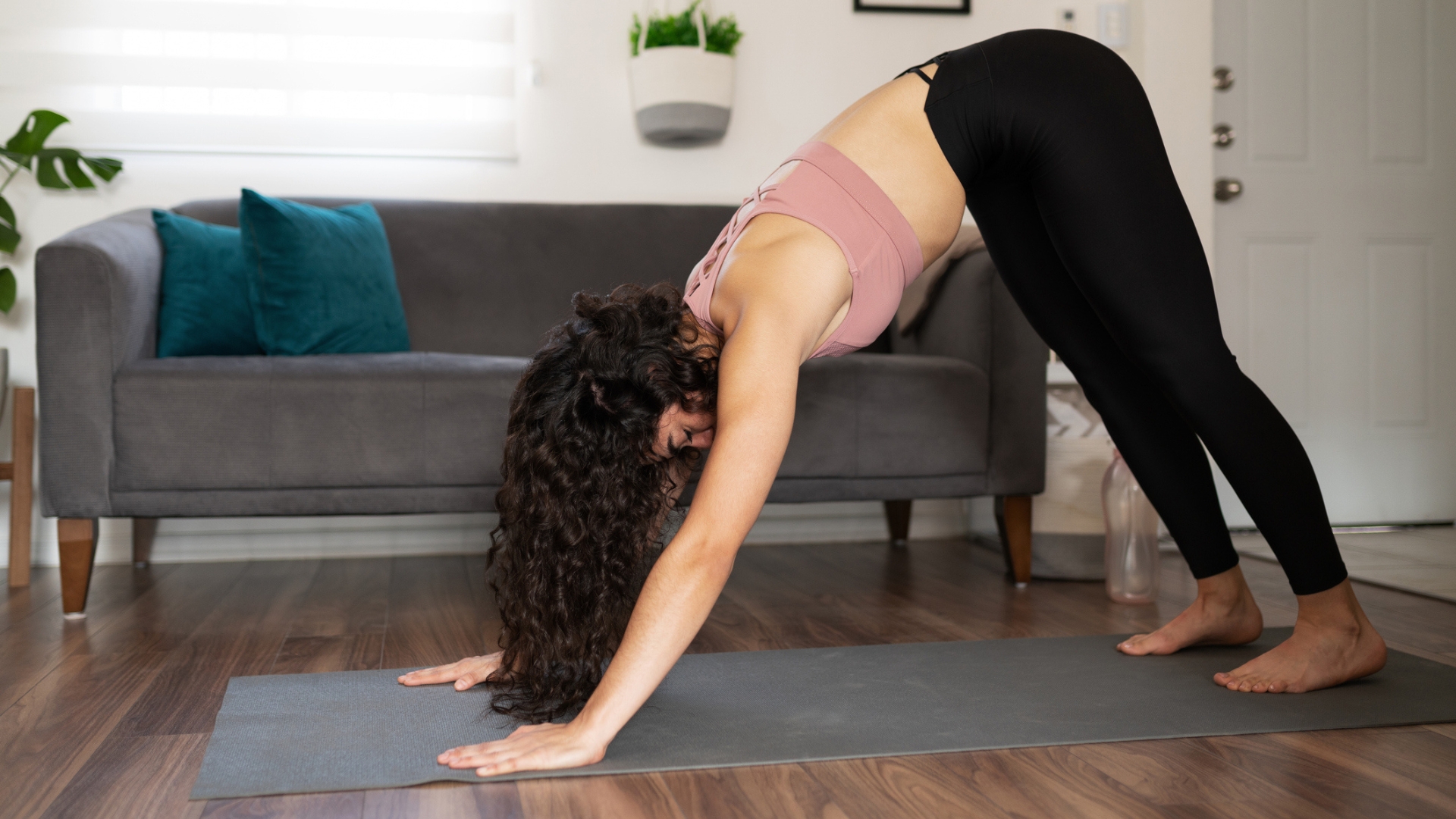 Prevent poor posture and release tension from sitting down with these four simple stretches from a yoga instructor
Prevent poor posture and release tension from sitting down with these four simple stretches from a yoga instructorThe daily poses he swears by, no matter what
By Alice Porter Published
